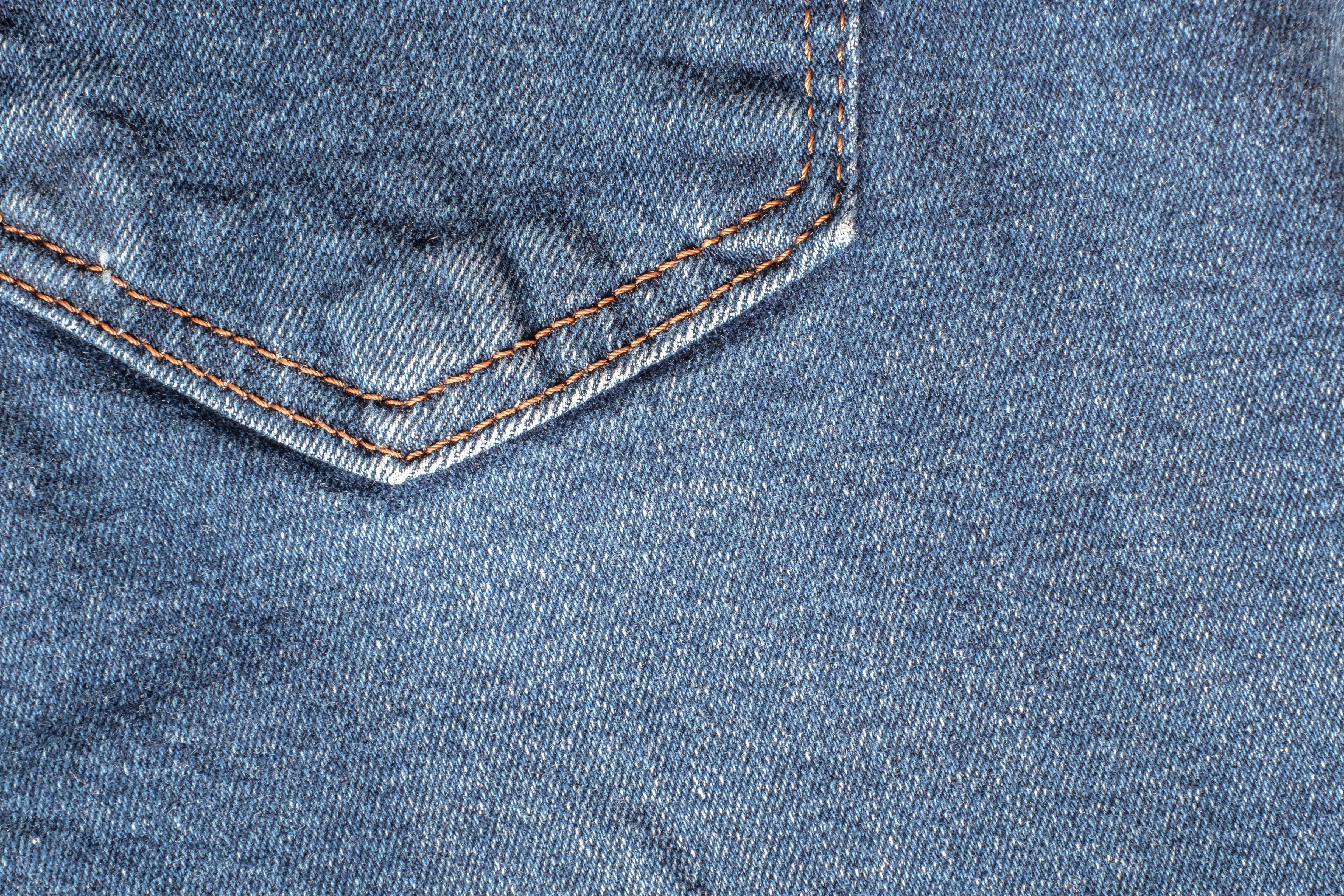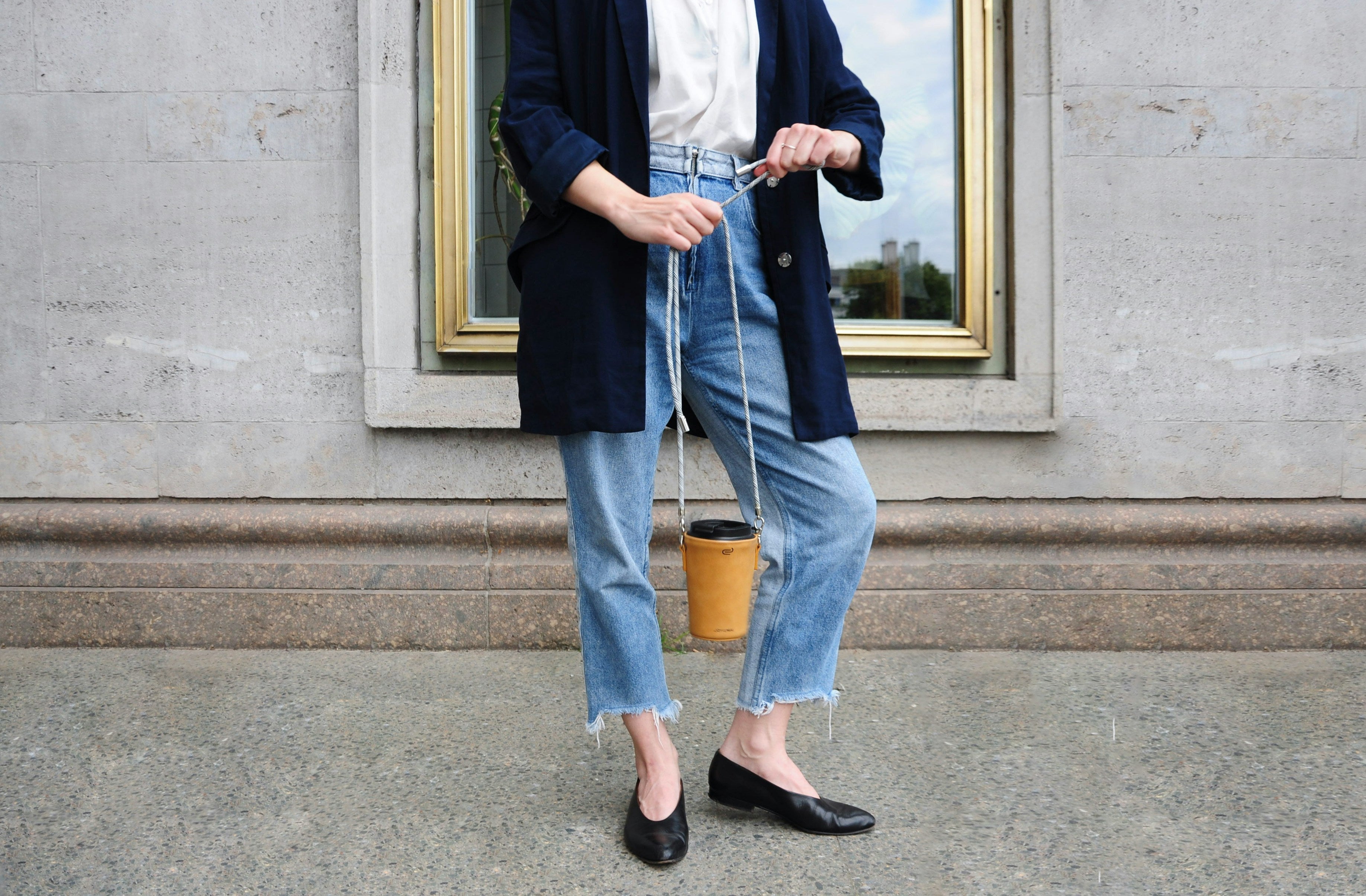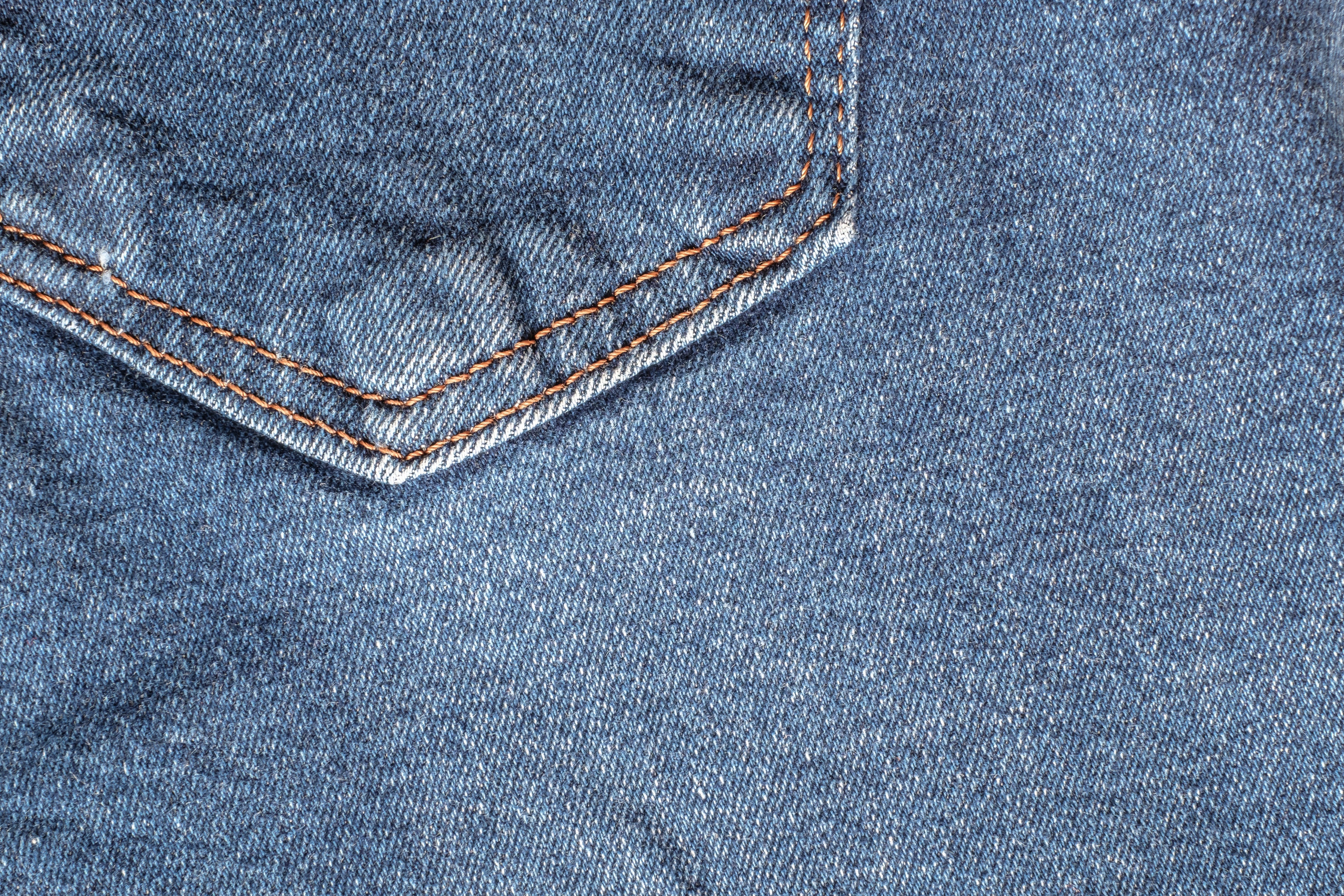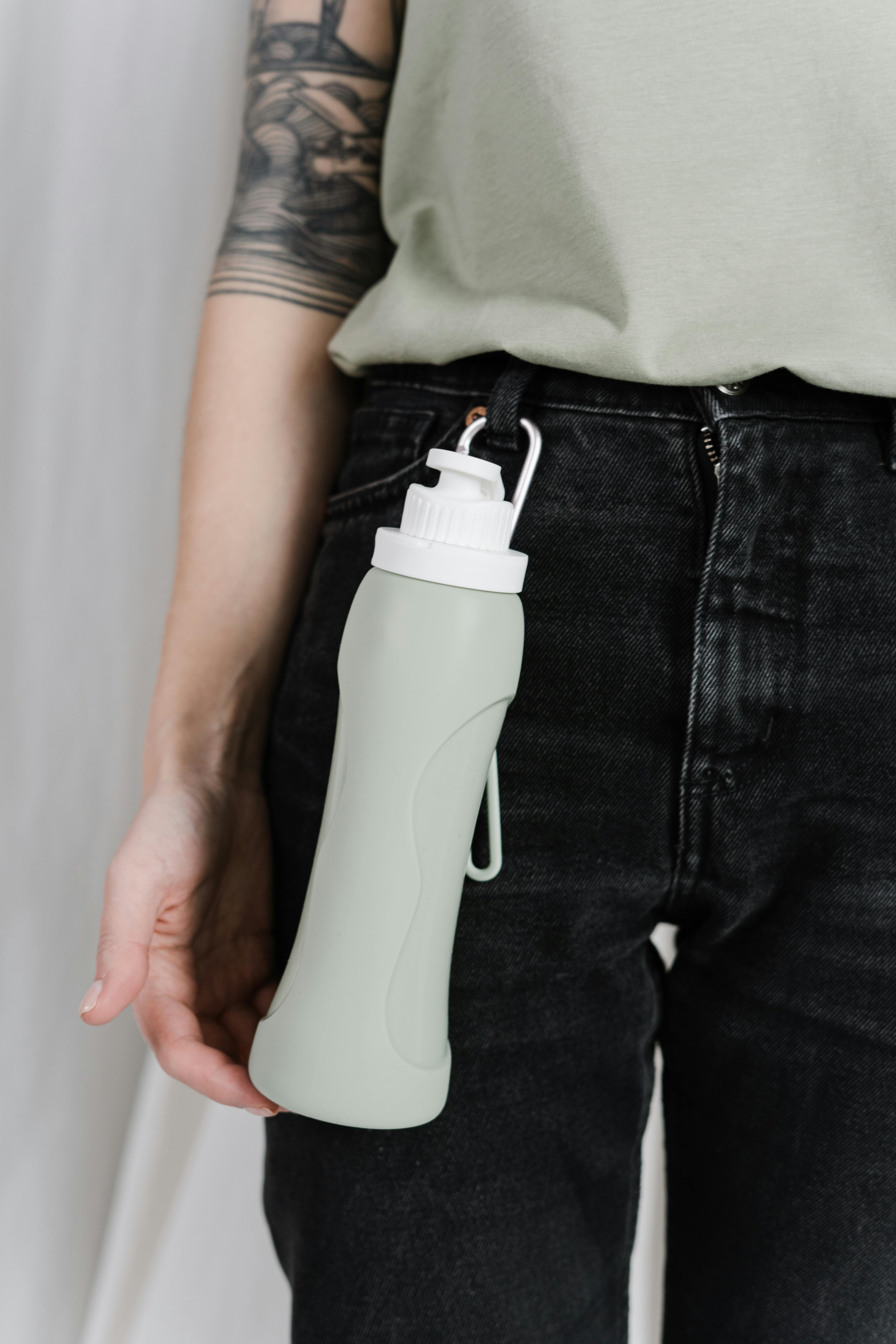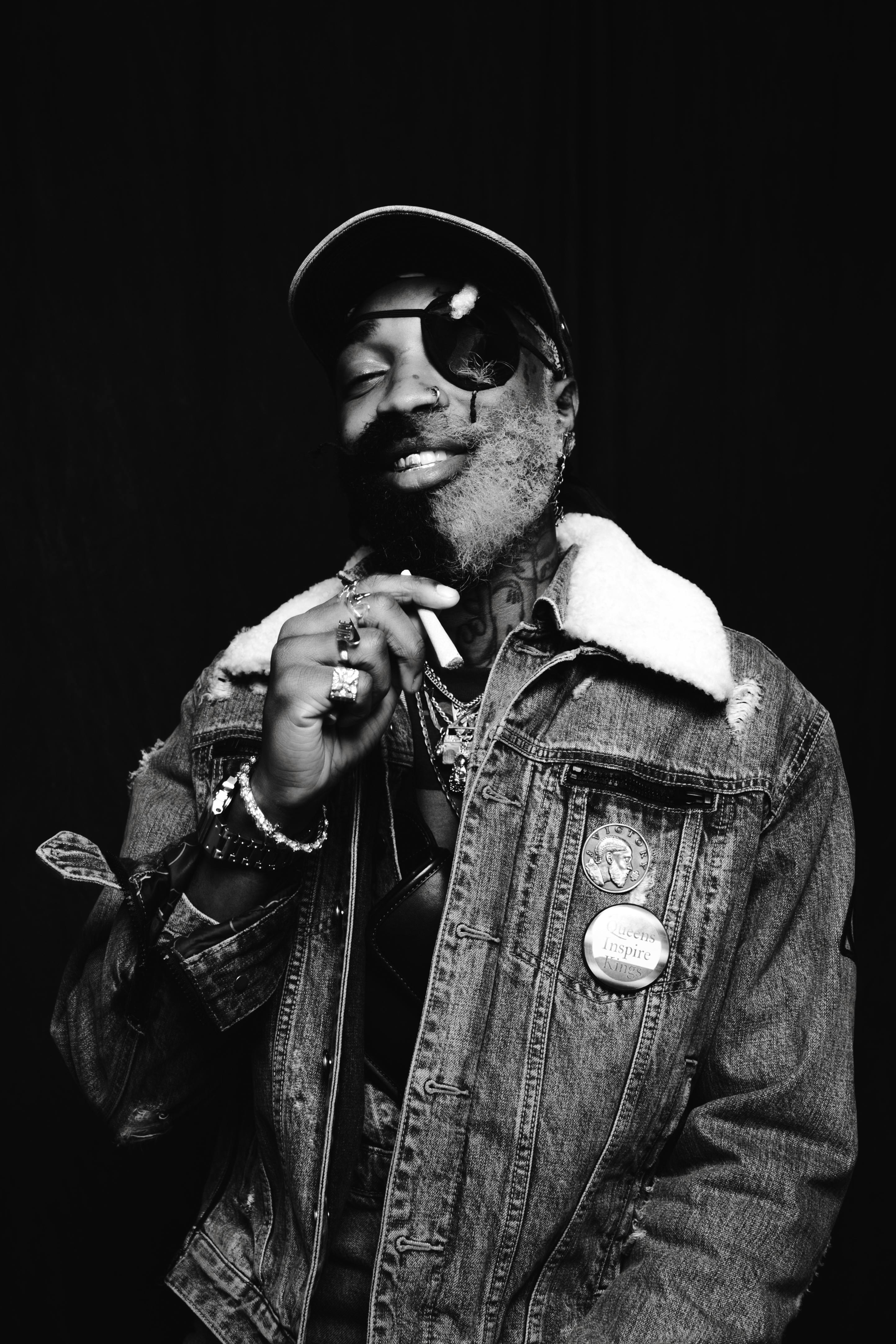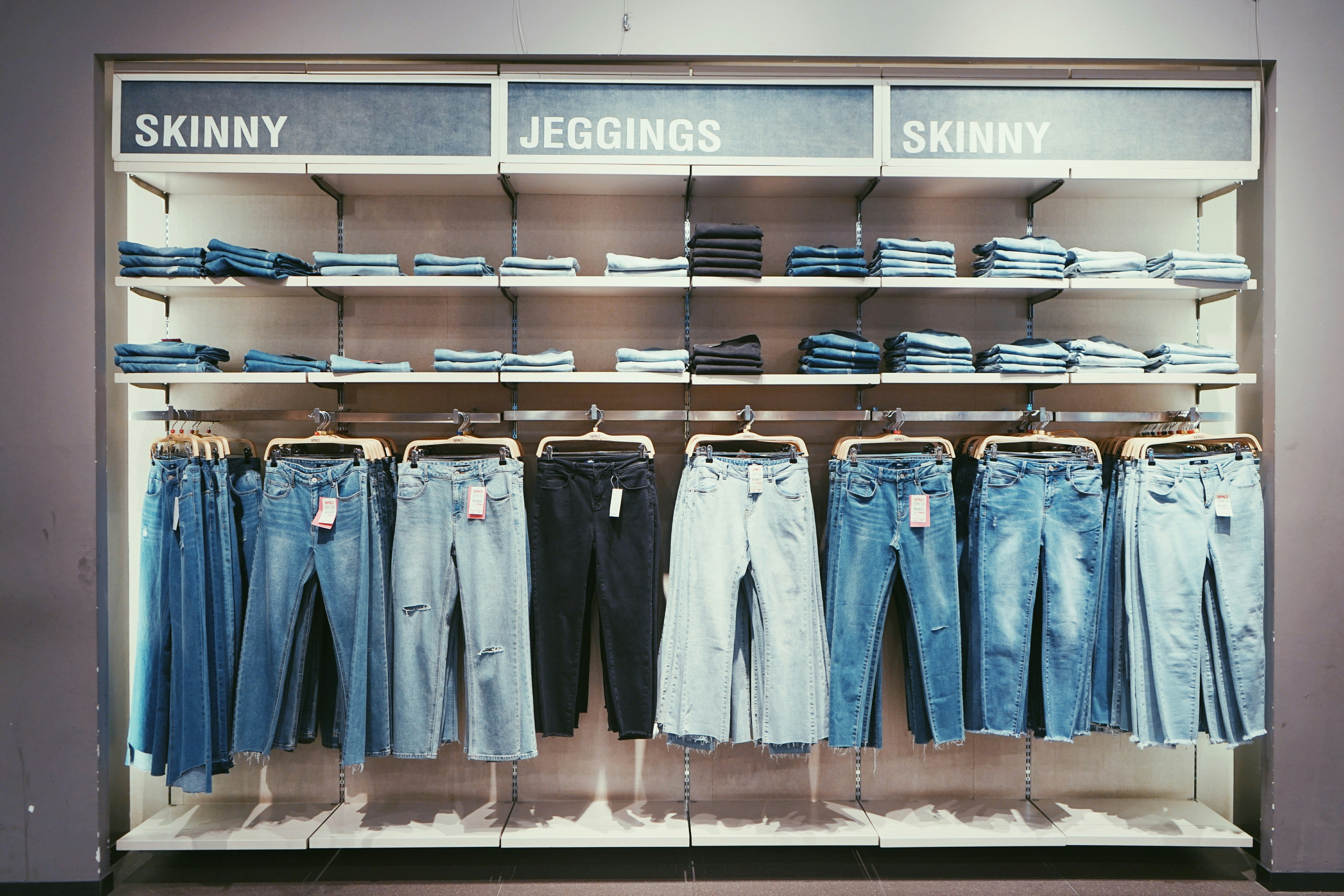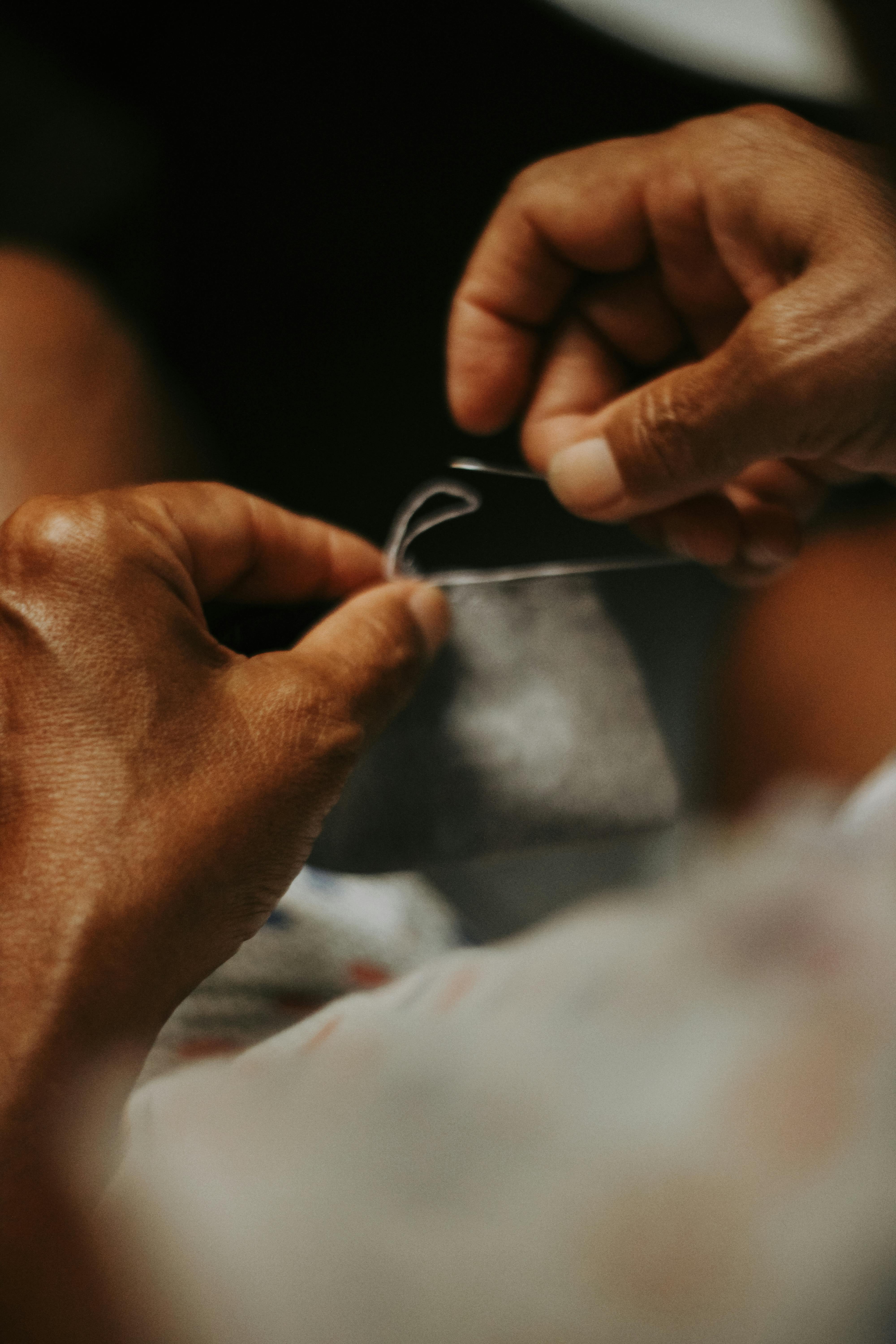
Denim Sustainability & Its Importance
In recent years, the fashion industry has undergone a dramatic transformation, with sustainability taking center stage. One area that’s seeing a significant shift is denim production. While denim jeans have long been a wardrobe staple, the environmental and ethical concerns associated with their production are hard to ignore.
Did you know that it can take up to 3,781 liters of water to make a single pair of jeans? This stark reality has led to a surge in demand for sustainable denim, an eco-friendly alternative that minimizes environmental impact and promotes fair labor practices.
But what exactly is sustainable denim, and how does it differ from traditional denim? In this guide, we'll break down everything you need to know about sustainable denim, from the materials used to the innovative production techniques that are reshaping the fashion industry.
What Is Sustainable Denim?
Sustainable denim refers to denim that is produced in a way that minimizes its environmental impact, promotes ethical labor practices, and contributes to the well-being of the planet. Unlike traditional denim, which often relies on harmful chemicals, excessive water consumption, and unsustainable labor practices, sustainable denim is created using eco-friendly materials, innovative techniques, and ethical manufacturing processes.
But sustainability in denim doesn’t just stop at the product; it also includes the entire lifecycle of the garment from sourcing raw materials to manufacturing, distribution, and even afterlife (how jeans are disposed of or recycled). Sustainable denim focuses on a holistic approach to fashion, aiming for minimal waste, reduced carbon footprints, and increased social responsibility.
Eco-Friendly Materials in Denim Production
One of the primary ways that denim manufacturers can create a more sustainable product is by using eco-friendly materials. Let's take a closer look at some of the key materials used in sustainable denim production:
Organic Cotton
Cotton is the foundation of most denim, but traditional cotton farming can have a huge environmental footprint. Conventional cotton production requires vast amounts of water and relies heavily on pesticides and synthetic fertilizers. In contrast, organic cotton is grown without synthetic chemicals and with more sustainable farming practices.
Organic cotton requires less water and supports healthier soil by using crop rotation and composting. As a result, it's a more sustainable option that benefits both the environment and the farmers who grow it. According to research, switching to organic cotton could reduce water consumption by up to 90% compared to conventional cotton farming.
Recycled Denim
Another key component of sustainable denim is the use of recycled denim. This involves taking old jeans or denim scraps and turning them into new fabrics, thereby reducing waste and the need for virgin materials. Recycling denim helps keep textile waste out of landfills and conserves resources that would otherwise be used to produce new denim.
Companies like MUD Jeans are pioneers in this area, offering a "Lease A Jeans" program that encourages customers to return their old jeans for recycling. By recycling denim, these brands help reduce the carbon footprint associated with denim production and promote a circular fashion economy.
Sustainable Dyes and Finishes
Traditional dyeing and finishing processes often involve toxic chemicals and significant amounts of water. However, sustainable alternatives have emerged that drastically reduce the environmental impact of denim production. Natural indigo dyeing, for example, uses plant-based dyes instead of synthetic chemicals, while waterless dyeing techniques apply dye with minimal water usage.
Levi Strauss & Co. has embraced these innovations, using waterless finishing techniques in their production process. This approach helps reduce water consumption and chemical pollution, making it a more sustainable choice for consumers.
Water-Saving Techniques in Denim Manufacturing
Denim production is notoriously water-intensive. In fact, conventional denim manufacturing can consume over 100 liters of water per kilogram of fabric. However, recent innovations in water-saving technologies are helping to reduce the amount of water required to produce denim.
Waterless Dyeing
Waterless dyeing technologies, such as foam dyeing, use foam instead of water to apply dye to fabric. This innovative method reduces water usage by up to 90% compared to traditional dyeing techniques, making it a major step forward in sustainable denim production.
Closed-Loop Water Systems
Some manufacturers have implemented closed-loop water systems, where water is collected, treated, and recycled back into the production process. This system allows denim factories to reduce their reliance on freshwater and minimize wastewater discharge, helping to conserve valuable water resources.
Fair Labor Practices in Sustainable Denim
Sustainability isn't just about the environment it's also about people. Sustainable denim brands are committed to fair labor practices that ensure workers are treated ethically and receive fair wages. This focus on human rights is a crucial aspect of the broader sustainability movement in fashion.
Ethical Manufacturing
Ethical manufacturing practices are integral to sustainable denim. Brands committed to sustainable denim ensure that their factories meet strict labor standards, including safe working conditions, fair wages, and the protection of workers' rights. For example, brands like Kuyichi have been recognized for their commitment to both environmental sustainability and fair labor practices.
Transparency
Consumers today are more conscious than ever about where and how their clothes are made. Sustainable denim brands provide transparency by sharing information about their supply chains, sourcing practices, and manufacturing processes. This level of transparency empowers consumers to make informed choices that align with their values.
How to Identify Sustainable Denim Brands
With the increasing popularity of sustainable fashion, it's important to know how to identify brands that are genuinely committed to eco-friendly and ethical practices. Here are a few tips:
Certifications to Look for
Look for certifications such as the Global Organic Textile Standard (GOTS) for organic cotton or Fair Trade for ethical labor practices. These certifications indicate that a brand meets rigorous environmental and social standards, ensuring that the products are truly sustainable.
Brand Commitments
Many sustainable denim brands, such as Levi's and Patagonia, have introduced initiatives to reduce their environmental impact. These include using organic cotton, reducing water consumption, and promoting garment recycling. Researching a brand's sustainability efforts will help you make an informed choice when shopping for denim.
Final Thoughts
Sustainable denim represents a shift toward more responsible fashion consumption, addressing the environmental and social challenges associated with traditional denim production.
By understanding the materials, manufacturing processes, and labor practices involved, consumers can make choices that align with their values and contribute to a more sustainable future.
Embracing sustainable denim is not just about adopting a trend it's about making a positive impact on the planet and its people, one pair of jeans at a time.

